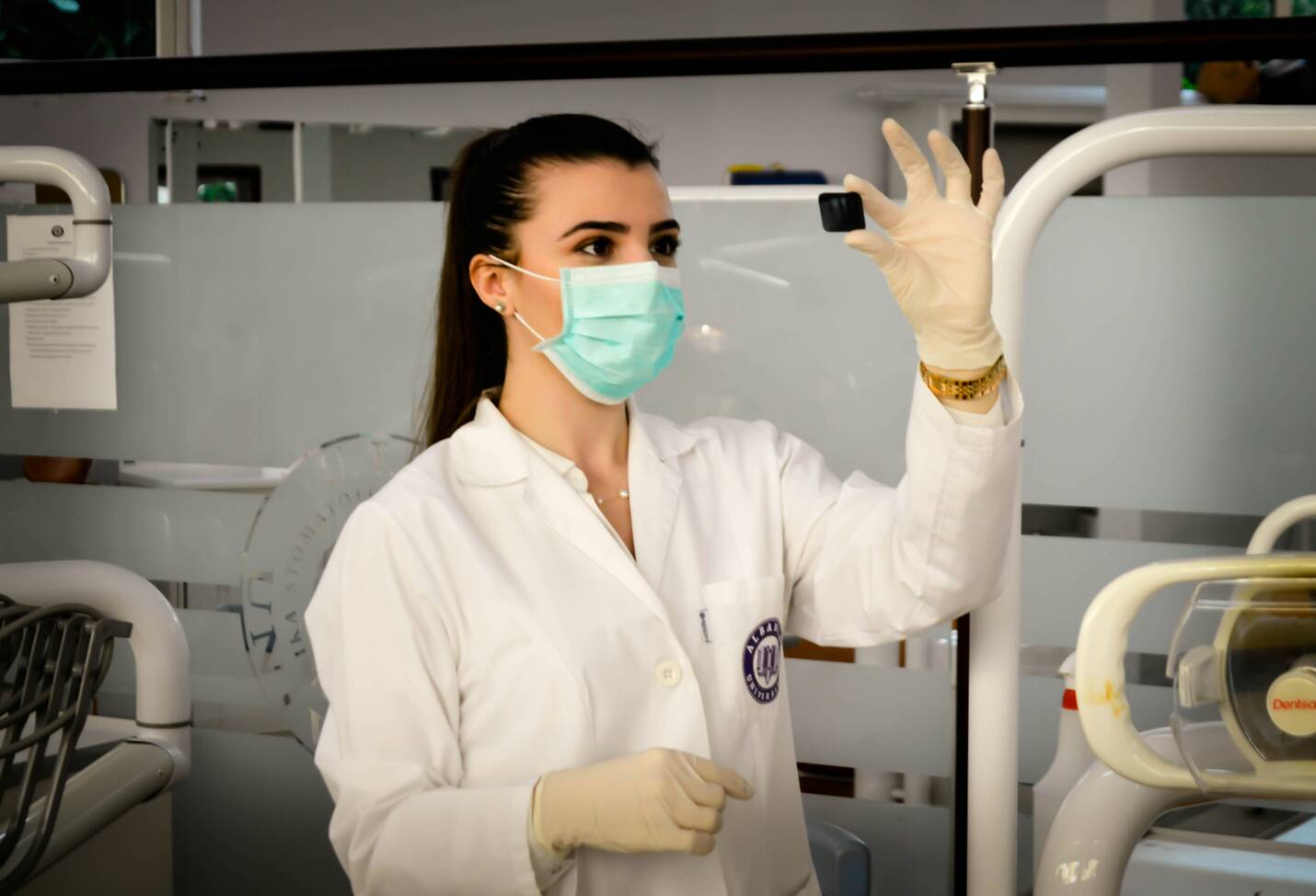Nursing is a vital field that offers a range of opportunities to those passionate about healthcare. The profession demands dedication and empathy, as nurses work directly with patients, providing care and support. With various roles and specializations, a career in nursing is both diverse and rewarding, allowing individuals to make significant impacts on the lives of others.
Understanding the Basics of Nursing
At its core, nursing involves caring for individuals, families, and communities to achieve, maintain, or recover optimal health and quality of life. Nurses are tasked with a wide range of duties, from administering medication and monitoring patient progress to educating patients about health management. The role of a nurse is crucial in the healthcare system, acting as the primary point of contact for patients and a critical link between them and the rest of the healthcare team.
(more…)





 Your mind will be key in overcoming your addiction. Its past workings lead you to substance use and its current state will lead you out of it. If you want to change your life, you should start with your thoughts. What thoughts occupy your brain? Are they endearing or damaging? Do they lift you up or rattle you? It’s time to be fully transparent and evaluate what has been going on inside your head. It’s time to be honest. If you want to fully heal, you should endeavor to explore
Your mind will be key in overcoming your addiction. Its past workings lead you to substance use and its current state will lead you out of it. If you want to change your life, you should start with your thoughts. What thoughts occupy your brain? Are they endearing or damaging? Do they lift you up or rattle you? It’s time to be fully transparent and evaluate what has been going on inside your head. It’s time to be honest. If you want to fully heal, you should endeavor to explore 







 There are many cases where patients were left worse off after treatment. Sometimes it's due to a wrong diagnosis, botched surgery, or poor care after an operation. These mistakes can cause serious harm and even death. If you think this has happened to you or a loved one, it's important to know your rights.
Getting legal advice early can make a big difference. A good lawyer will look at your case for free and tell you if you have a claim. They'll help gather evidence and deal with the other side. This lets you focus on getting better while they handle the legal stuff.
There are many cases where patients were left worse off after treatment. Sometimes it's due to a wrong diagnosis, botched surgery, or poor care after an operation. These mistakes can cause serious harm and even death. If you think this has happened to you or a loved one, it's important to know your rights.
Getting legal advice early can make a big difference. A good lawyer will look at your case for free and tell you if you have a claim. They'll help gather evidence and deal with the other side. This lets you focus on getting better while they handle the legal stuff.



 The pregnancy brain is often referred to as momnesia or baby brain.
The pregnancy brain is often referred to as momnesia or baby brain.












 In recent years, the interest in herbal supplements has surged. Many people are turning to these natural alternatives to improve their health and well-being. But what role do herbal supplements play in modern medicine? Are they truly effective, or just a trend? In this article, we'll explore the intersection of herbal supplements and modern medicine, uncovering the benefits, risks, and scientific perspectives on this growing phenomenon.
Please remember most herbal medications and supplements are not FDA approved or tested. Many have side effects especially in combination with other medications or supplements. Please consult with your health care provider before taking any supplements you are considering taking and be aware of potential side effects. Supplements should not be used during pregnancy or while nursing without the express permission of your health care provider.
In recent years, the interest in herbal supplements has surged. Many people are turning to these natural alternatives to improve their health and well-being. But what role do herbal supplements play in modern medicine? Are they truly effective, or just a trend? In this article, we'll explore the intersection of herbal supplements and modern medicine, uncovering the benefits, risks, and scientific perspectives on this growing phenomenon.
Please remember most herbal medications and supplements are not FDA approved or tested. Many have side effects especially in combination with other medications or supplements. Please consult with your health care provider before taking any supplements you are considering taking and be aware of potential side effects. Supplements should not be used during pregnancy or while nursing without the express permission of your health care provider.

